How long can coffee trees bear fruit? where do coffee trees grow? what are the varieties of coffee trees in Yunnan?

Professional coffee knowledge exchange More coffee bean information Please pay attention to coffee workshop (Weixin Official Accounts cafe_style)
Ordering a cup of coffee in a coffee shop takes only a few minutes to make, but a ripe coffee fruit takes years or more to mature. After harvesting, the coffee beans need to be removed pectin, washed or sun dried, and then further roasted before they can be used to make drinks. Next, Qianjie will talk to you about coffee tree related knowledge.
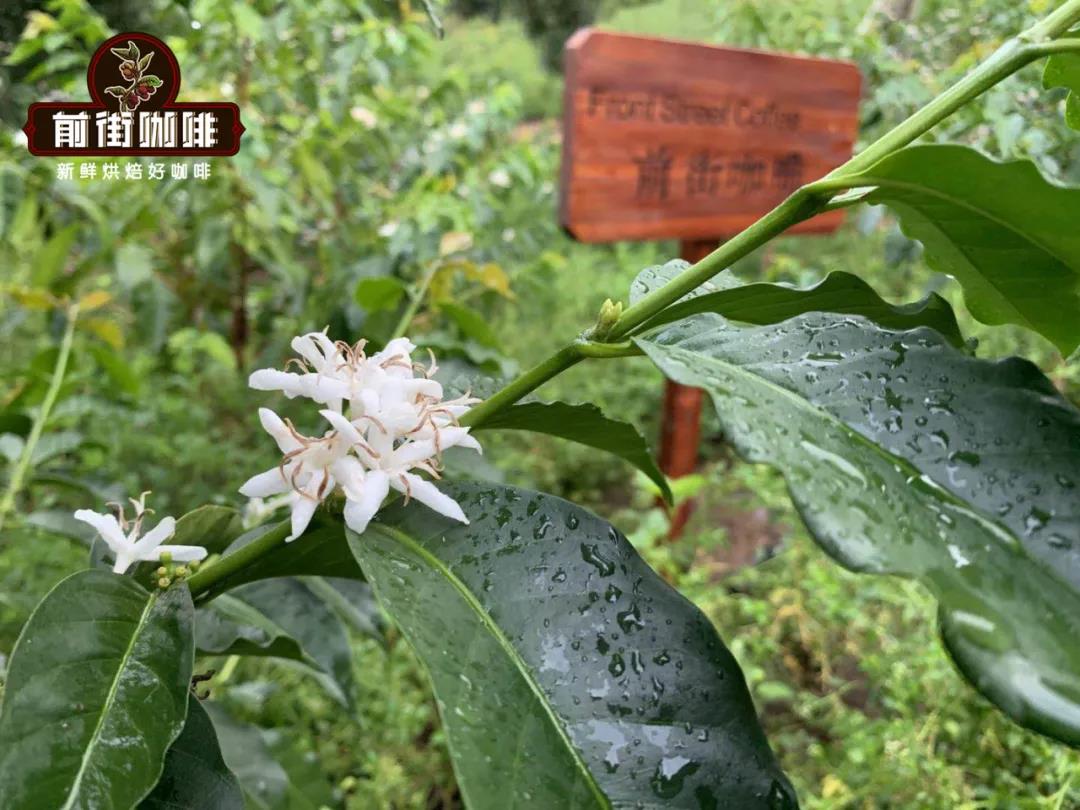
Coffee takes about five years to blossom from seed. Coffee beans begin to bear fruit 3-5 years after sowing, 5-20 years for harvest, a coffee tree can bear about 3-5 kilograms of coffee fruit per year. Coffee tree is an evergreen tropical shrub of coffee tree of Rubiaceae family, wild up to 4-7 meters, artificial cultivation is pruned to maintain about 2 meters. From sowing, transplanting seedlings to growing into trees, it takes about 4-5 years before and after, and its economic life is about 30 years.
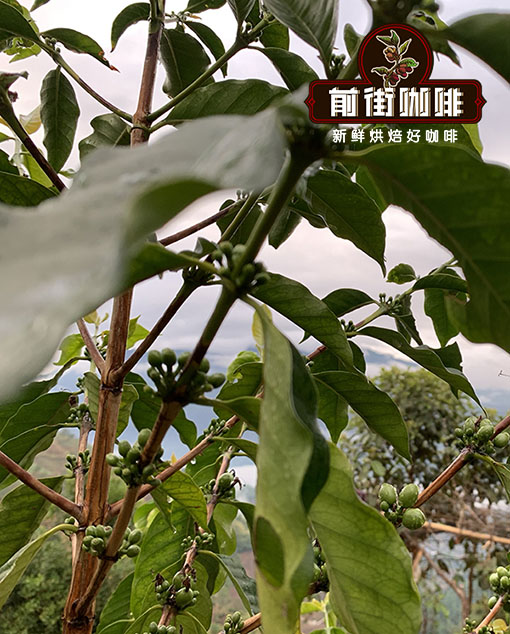
Qianjie Coffee has its own coffee estate in Baoshan, Yunnan Province, and Qianjie Zhiba Manor is selected in Baoshan, Yunnan Province, on the one hand, because Yunnan is just in the golden belt of coffee cultivation. Terrain, climate and altitude are very particular about coffee planting, and the coffee tree planting road of Qianjie Coffee is also very difficult. As the saying goes, one side of water and soil raises one side of people. This sentence also applies to the cultivation of coffee trees. One side of water and soil also raises one side of coffee.
The reason why Qianjie pays such attention to the water and soil of coffee trees is that different types of coffee trees need different growth environments and soil types, and then the flavor formed is also quite different. Coffee grown in Africa, for example, tends to bring coffee flavor that is not the same as coffee grown in Colombia. For example, the coffee flavor of Ethiopia in Africa is more berry, citrus citric acid and light flower fragrance, such as Yega Shefi fruit tintin and flower coffee; while the coffee of Huilan ration bean in Colombia is more nutty and chocolate flavor, and the taste is more mellow than that in Africa.
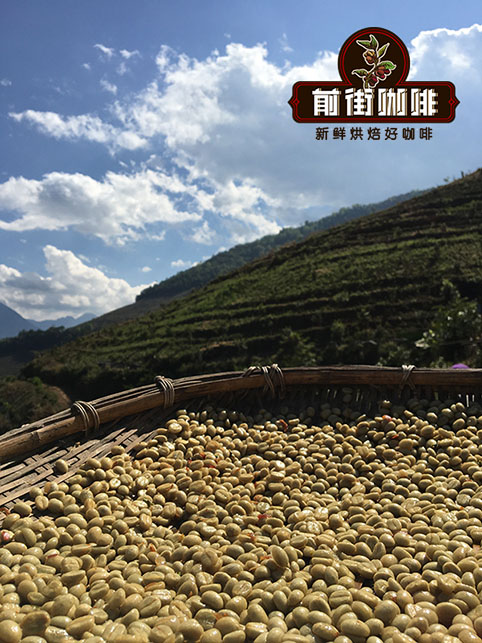
Qianjie Coffee Estate is located in Yunnan Province, where coffee trees were first planted in China. 24 first-generation coffee trees planted in Zhukula Village, Yunnan Province in China have survived to this day, but they have no economic value. These 24 trees have become the first generation of ancient coffee trees in China. According to Qianjie, the earliest coffee trees planted in Yunnan coffee producing areas are iron pickup varieties. Iron card is one of the oldest coffee tree varieties in the world. Now Arabica coffee beans are almost all derivatives of iron pickup coffee. Iron pickup has elegant flavor, but its constitution is weak, disease resistance is low, and it is easy to infect leaf rust. However, now, most coffee producing areas in Yunnan grow high-yield and disease-resistant katim coffee.
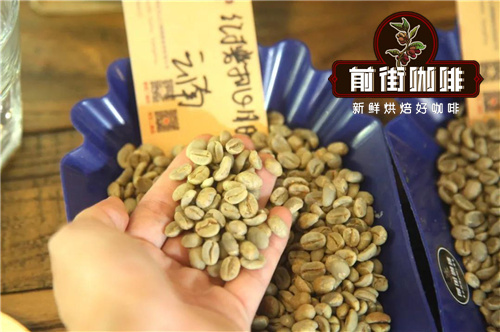
There are more than 50 kinds of coffee beans from different producing areas in Qianjie Coffee in Yunnan Province. There are several kinds of coffee beans from Yunnan Coffee in this kind of coffee beans. There is a Huaguoshan coffee. Its variety is iron pickup. Qianjie also conducted cup testing and brewing experiments on this Yunnan Huaguoshan coffee. The coffee styles of Yunnan producing areas are relatively balanced, and the keynote is the flavor of nuts and brown sugar. In order to highlight the flavor of Yunnan coffee, Qianjie uses medium roasting for this Yunnan coffee.
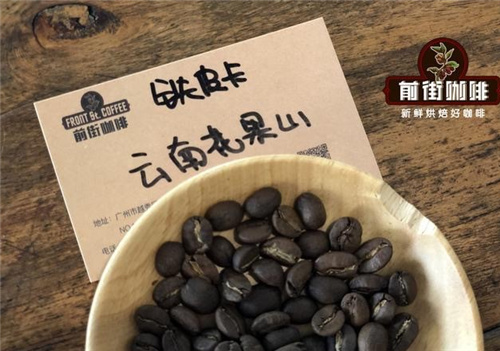
Qianjie Coffee will conduct cup testing within 8-24 hours after Yunnan coffee beans are roasted. The cup measuring bowl commonly used in the front street has a capacity of 200ml ceramic bowl, which will be marked with 150ml and 200ml graduation marks. The water temperature used in the cup measuring is 94 degrees. According to SCAA's cup test standard, the grinding degree is controlled as No. 20 standard sieve (0.85 mm), and the pass rate is 70%-75%. Ratio: 11 grams of coffee powder plus 200 ml of hot water.
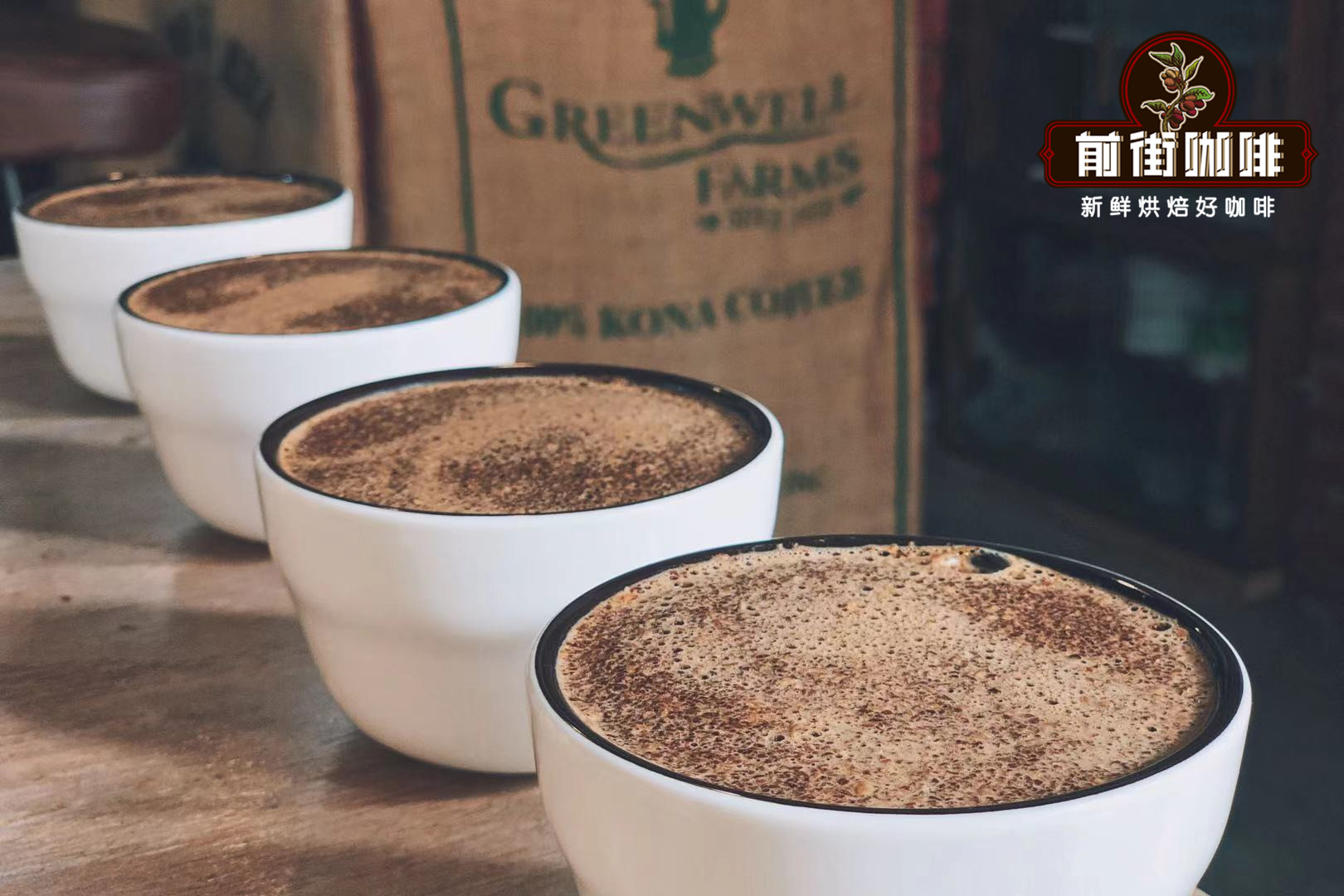
Grind first to smell dry incense, then fill the bowl with water to confirm wet incense. After 4 minutes, the residue was broken and the flavor was identified. Qianjie Coffee's Yunnan Huaguoshan Coffee Bean Cup Test Results: The entrance has rich melon and fruit aroma, herbal aroma, soft entrance, nutty middle, chocolate flavor, plum acid lively and bright, black tea and brown sugar sensation in the rear section.
At present, Qianjie only grows coffee trees in Baoshan, Yunnan, but the coffee producing areas suitable for growing coffee in Yunnan are not limited to Yunnan. According to Qianjie, Pu 'er and Dehong in Yunnan also have coffee trees planted. Next, Qianjie introduces you to other Yunnan coffee producing areas.
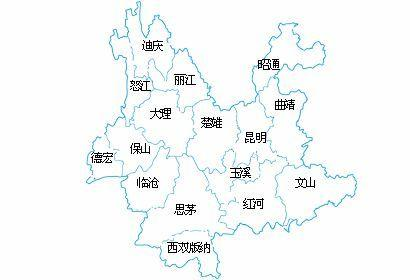
Dehong
The coffee history of Dehong Prefecture has been one hundred years so far. It is one of the earliest coffee introduction areas in China. As early as 1914, Arabica coffee was introduced from Myanmar for sporadic cultivation. After the successful trial planting of 6 mu coffee in 1953, commercial cultivation began. And successfully registered the geographical indication of "Dehong Coffee" and was awarded the honorary title of "Hometown of Chinese Coffee".
At present, the planting area of coffee in Quanzhou has reached 275,800 mu, the production area has reached 140,000 mu, the output of dried coffee beans has reached 28,000 tons, realizing agricultural output value of 616 million yuan and industrial output value of 800 million yuan; at the same time, Dehong is also the main producing area of Hougu Coffee, the only national agricultural industrialization leading enterprise in coffee industry.
The coffee planting altitude in Dehong Prefecture is above 1000 meters, of which 30,000 mu is planted on the mountain area above 1600 meters above sea level. In addition, the coffee planted in Dehong Prefecture mainly uses organic fertilizer and organic pesticide, so the coffee produced is of excellent quality and is one of the rare high-quality coffee producing places in the world.
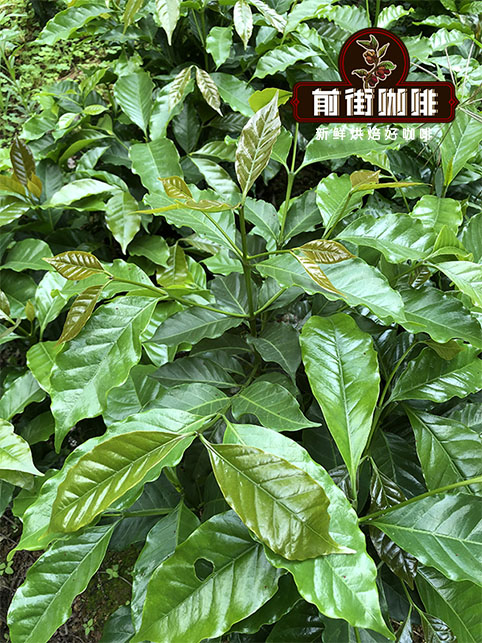
Lincang
Lincang has become the focus of many coffee enterprises due to its unique geographical location and climatic conditions. It has successively established 200 mu and 100 mu high-quality coffee seedling bases in Mengding Town and Lincang Xingfu Farm of Gengma Autonomous County in the city, and carried out coffee planting in Gengma, Zhenkang, Yun County, Cangyuan, Yongde and other places. Up to now, 96 coffee nurseries have been built in Lincang City, covering an area of 1570 mu, 67.19 million coffee seedlings have been bred, 203,000 mu can be planted, and 260,000 mu of coffee planting area has been implemented.
Baoshan
Baoshan coffee planting began in the mid-1950s, the first coffee seedlings were introduced from Southeast Asia by the late patriotic overseas Chinese Mr. Liang Jinshan. The local famous Lujiangba Arabica coffee is of high quality. As early as the late 1950s, it was rated first class in London, England.
Now, with the improvement of Yunnan coffee quality, Yunnan coffee is loved by merchants and roasters, and there are roasters and cafe owners who are keen to buy small amounts of Yunnan grown quality coffee. Not only that, Yunnan coffee is becoming more and more popular in the global market, and the foreign market of Yunnan coffee is also expanding.
For more boutique coffee knowledge, please add Qianjie Coffee Private WeChat: kaixinguoguo0925
Important Notice :
前街咖啡 FrontStreet Coffee has moved to new addredd:
FrontStreet Coffee Address: 315,Donghua East Road,GuangZhou
Tel:020 38364473
- Prev

Why do Kenyan coffee beans have rich acidity? Kenyan coffee bean flavor planting altitude baking degree
Professional barista exchanges please follow the coffee workshop (Wechat official account cafe_style) French and British missionaries and researchers sifted in Kenya at the beginning of the 20th century
- Next
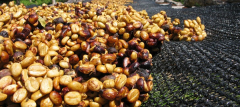
Characteristics and flavor of Sulawesi coffee beans describe the growing environment
For the exchange of professional baristas, please follow the coffee workshop (Wechat official account cafe_style) Sulawesi Toraja: the main producing areas of Indonesian coffee beans are: Sumatra, Java, Sulawesi. Sulawesi is one of the largest islands in Indonesia. Sulawesi, the former Dutch colony of Sulawesi, formerly called Cele
Related
- Beginners will see the "Coffee pull flower" guide!
- What is the difference between ice blog purified milk and ordinary milk coffee?
- Why is the Philippines the largest producer of crops in Liberia?
- For coffee extraction, should the fine powder be retained?
- How does extracted espresso fill pressed powder? How much strength does it take to press the powder?
- How to make jasmine cold extract coffee? Is the jasmine + latte good?
- Will this little toy really make the coffee taste better? How does Lily Drip affect coffee extraction?
- Will the action of slapping the filter cup also affect coffee extraction?
- What's the difference between powder-to-water ratio and powder-to-liquid ratio?
- What is the Ethiopian local species? What does it have to do with Heirloom native species?

